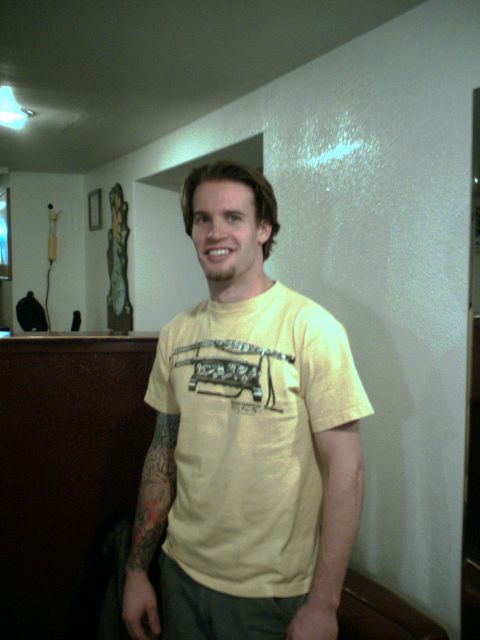Of Men and Gods
One of our 5 fold conflicts is men vs. Gods.
In short Creon wanted to be a god, or at least have the power of one. That is the main evidence to me in Antigone. But this is going on around us all the time especially with men. Guys want power thereby giving them the feeling of being a god. "To indeed be a God!" is quoted in a shout during the movie Dead Poets Society. To create, secular humanism, Wallace Stevens. If we create we are God. I don't think we see this as a conflict between man and god until the man is destroyed in his pursuit of god-dom. So let us all create, and feel empowered because we just might be gods after all.

